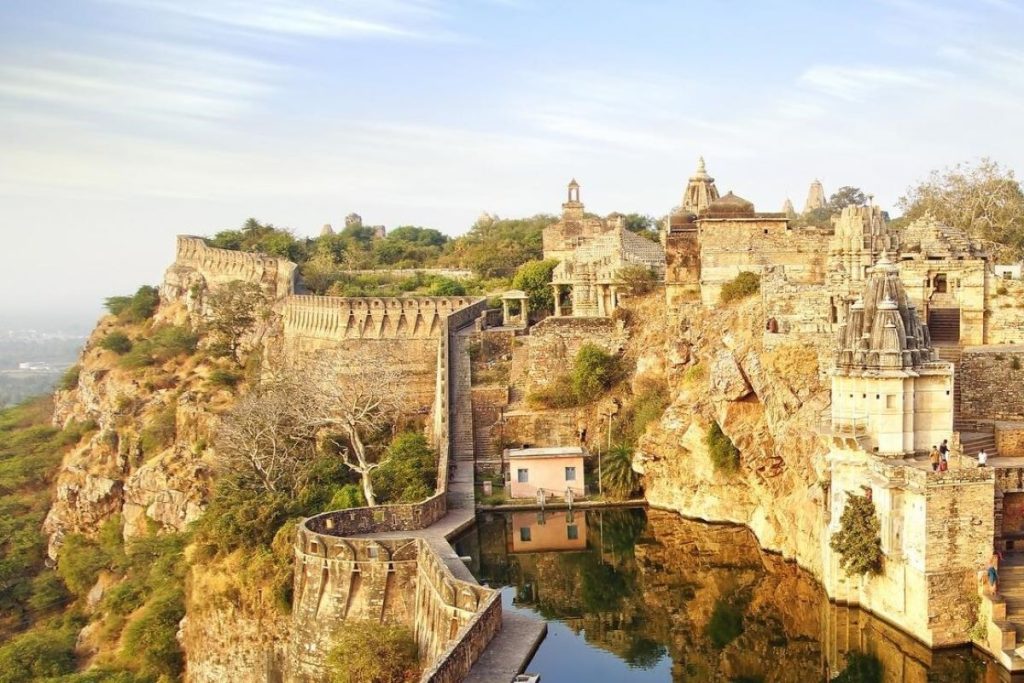The consulting firm McKinsey and Company has highlighted India as a fast-growing source of outbound tourism. The report predicts that India will become the fourth-largest domestic travel market in terms of spending by 2030, up from its current rank of sixth. The country is experiencing a boom in overseas spending, with Indians spending $31.7 billion overseas in the 2023-24 financial year, 54% of which was on travel. Booking.com and McKinsey project that travel spending by Indians will rise from $150 billion in 2019 to $410 billion by 2030. Several countries, including Thailand, Sri Lanka, and South Africa, have eased visa requirements for Indian tourists, while others like the UAE, Saudi Arabia, Mauritius, and Turkey have identified India as an important source market for tourism.
The domestic travel market in India is also flourishing, with domestic travel making up the bulk of travel spending. Indian airlines and hotels are making substantial investments to meet the growing demand. IndiGo placed the largest single purchase order in commercial aviation history when it ordered 500 A320Neo-family jets, while Air India ordered a total of 470 aircraft from Airbus and Boeing. Domestic carriers like Akasa Air and SpiceJet are expanding their networks within India and outside. Hotel companies are also ramping up their portfolios in India, with a focus on smaller cities rather than major metropolises. IHCL, IHG Hotels and Resorts, Hilton, and Accor are all planning significant expansions in the country over the next few years.
However, India faces challenges in terms of tourism infrastructure. The McKinsey report studied the cities of Mumbai and Delhi to highlight potential risks facing these destinations. Mumbai, despite having low tourism density relative to its population, is at risk of overloaded infrastructure due to tourism, which could negatively impact the visitor experience. Visitors to the city already face long waits for attractions and a crowded marketplace with competing vendors. Delhi, on the other hand, is at risk of a negative visitor experience due to threats to its culture and heritage. The local economies of both cities depend significantly on tourism, highlighting the importance of addressing these challenges to sustainably grow the tourism industry in India.
In conclusion, India is emerging as an attractive source market for outbound tourism, with a growing number of first-time Indian tourists exploring international destinations. The country is experiencing a domestic travel boom, with substantial investments being made by airlines and hotels to meet the increasing demand. While the potential for growth in the Indian tourism industry is significant, there are challenges such as infrastructure overload and threats to cultural heritage that need to be addressed. With strategic planning and investment in infrastructure and sustainable tourism practices, India has the potential to become a key player in the global tourism market in the coming years.


